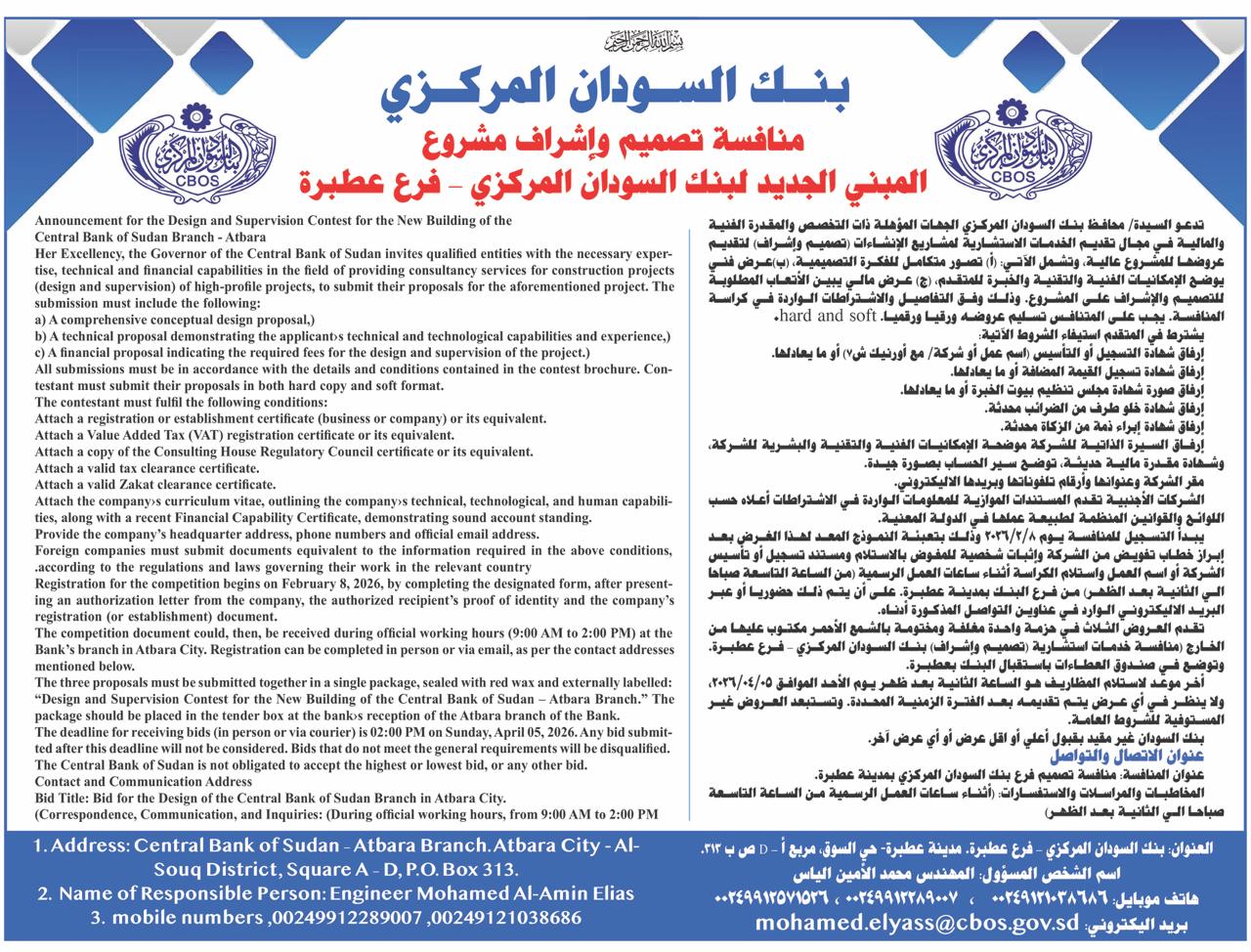د. محمد يوسف قباني يكتب:نحو مجتمعاتٍ مُتعايشة ومُسالمة (6): كيف نعزز الاحتفاظ بالهدوء والسكينة؟ Towards peaceful and coexistent societies (6): How to promote calm and serenity? Dr. Mohamed Elgabbani

د. محمد يوسف قباني يكتب:نحو مجتمعاتٍ مُتعايشة ومُسالمة (6): كيف نعزز الاحتفاظ بالهدوء والسكينة؟
Towards peaceful and coexistent societies (6): How to promote calm and serenity?
Dr. Mohamed Elgabbani..
يعدّ الحفاظ على الهدوء الداخلي من أهم العوامل التي تسهم في بناء مجتمعات متماسكة ومتعايشة، حيث يعتبر الهدوء صفة أساسية تساهم في تقليل النزاعات وتعزيز التسامح بين الأفراد. في عالمنا المعاصر، الذي يعجّ بالتحديات والتغيرات السريعة، يصبح من الضروري أن
نُشجع على الهدوء والاحتفاظ بالتوازن النفسي في ظل الظروف الاجتماعية والسياسية والاقتصادية المتقلبة. فالأفراد الهادئون يستطيعون التفاعل بشكل أفضل مع بعضهم البعض ويُسهمون في تعزيز بيئة سلمية، ما يساعد في تحقيق مجتمع مستقر ينعم بالسلام الاجتماعي. إذا تمكنا من نشر ثقافة الهدوء، فإننا نفتح المجال أمام
المجتمعات لتجاوز الصراعات والتحديات التي قد تواجهها، مما يسهم في بناء وطن قوي ومستقر يسوده التسامح والتعاون بين جميع أفراده.
Maintaining inner calm is one of the most important factors that contribute to building cohesive and coexistent societies, as calm is an essential quality that contributes to
reducing conflicts and promoting tolerance among individuals. In our contemporary world, which is full of challenges and rapid changes, it becomes necessary to encourage calm and maintain psychological balance in light of volatile social, political
and economic conditions. Calm individuals can interact better with each other and contribute to promoting a peaceful environment, which helps in achieving a stable society that enjoys social peace. If we can spread the culture of calm, we open the way for societies to overcome the
conflicts and challenges they may face, which contributes to building a strong and stable nation that is characterized by tolerance and cooperation among all its members.
للمساعدة في الاحتفاظ بالهدوء ضمن آداب وأخلاق الاختلاف في المجتمعات، يمكن اتباع الإرشادات التالية:
1. التفكير قبل الرد: عند مواجهة رأي مختلف، يجب أن تأخذ لحظة للتفكير قبل الرد، وعدم الاندفاع أو الرد بطريقة عاطفية.
2. التحكم في الغضب: يجب تعلم كيفية التحكم في الغضب وعدم الاستسلام له، بل البقاء هادئاً وهو ما يمكن أن يساعد في تجنب التصعيد.
3. استخدام التواصل غير العنفي: يمكن استخدام تقنيات التواصل غير العنفي مثل الاستماع الفعال والتعبير عن الأفكار بوضوح دون اللجوء إلى الهجوم.
4. تقدير وجهات نظر الآخرين: يجب أن تحترم وتقدر وجهات نظر الآخرين، حتى لو كانت مختلفة عن رأيك، وذلك لتعزيز التفاهم والتعاون.
5. تطوير مهارات حل المشكلات: يمكن تعزيز الهدوء من خلال تطوير مهارات حل المشكلات والتفكير الإيجابي لإيجاد حلول بناءة للصراعات.
6. التفاهم والتسامح: يجب أن يكون التفاهم والتسامح هما قيم أساسية في التعامل مع الاختلاف، وذلك لتحقيق التواصل البناء والسلمي.
7. الابتعاد عن التصعيد: يجب تجنب التصعيد والتحول إلى المشاحنات والصراعات، والتركيز على إيجاد حلول سلمية وبناءة.
8. البحث عن الوسائل المساعدة: في حالة عدم قدرتك على الاحتفاظ بالهدوء، يمكن البحث عن وسائل مساعدة مثل التأمل أو التمارين التنفسية للهدوء والاسترخاء.
To help maintain calm within the etiquette and ethics of difference in societies, the following guidelines and tips can be followed:
1. Think before responding: When faced with a different opinion, you should take a moment to think before responding, and not rush or respond in an emotional manner.
2. Controlling anger: You should learn how to control anger and not give in to it, but rather stay calm, which can help avoid escalation.
3. Using non-violent communication: You can use non-violent communication techniques such as active listening and expressing ideas clearly without resorting to attack.
4. Appreciating the views of others: You should respect and appreciate the views of others, even if they differ from yours, in order to enhance understanding and cooperation.
5. Developing problem-solving skills: Calmness can be enhanced by developing problem-solving skills and positive thinking to find constructive solutions to conflicts.
6. Understanding and tolerance:
Understanding and tolerance should be basic values in dealing with differences, in order to achieve constructive and peaceful communication.
7. Avoiding escalation: Escalation and turning into quarrels and conflicts should be avoided, and focusing on finding peaceful and constructive solutions.
8. Find helpful means: If you are unable to remain calm, you can find helpful means such as meditation or breathing exercises to calm down and relax.
في الختام، لا شك أن تعزيز الاحتفاظ بالهدوء يُعد من الأسس التي يمكن أن تؤدي إلى بناء مجتمعاتٍ مُسالمة ومتعايشة في بلادنا الحبيبة. إن الأمر يتطلب منا تكاتف الجهود من أجل تعليم الأفراد أهمية التحكم في النفس
والتعامل بهدوء مع التحديات اليومية. من خلال نشر ثقافة الحوار المفتوح والتسامح، وتقديم الدعم النفسي والاجتماعي، يمكننا أن نساعد في تقليص التوترات وتعزيز التعاون بين جميع أفراد المجتمع. فكلما تمسكنا بالهدوء كقيمة أساسية في حياتنا اليومية، كلما أصبحنا أقوى في مواجهة التحديات، وأكثر قدرة على بناء مجتمع يعمه السلام والاطمئنان.
In conclusion, there is no doubt that promoting calm is one of the foundations that can lead to building peaceful and coexistent societies in our beloved country. It requires us to join forces to teach individuals the importance of self-control
and dealing calmly with daily challenges. By spreading the culture of open dialogue and tolerance, and providing psychological and social support, we can help reduce tensions and enhance cooperation among all
members of society. The more we adhere to calm as a basic value in our daily lives, the stronger we become in facing challenges, and the more capable we are of building a society that is filled with peace and reassurance.









